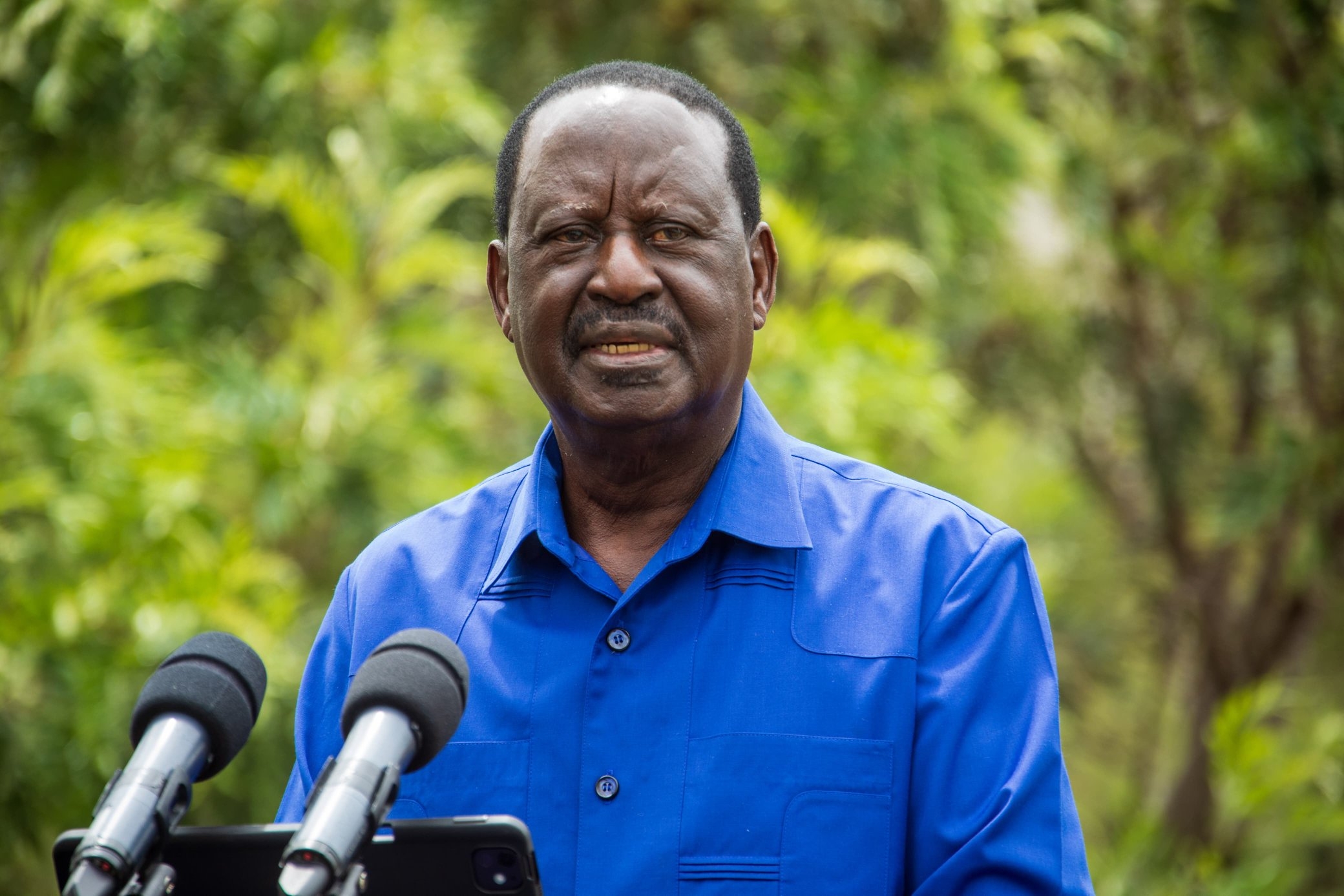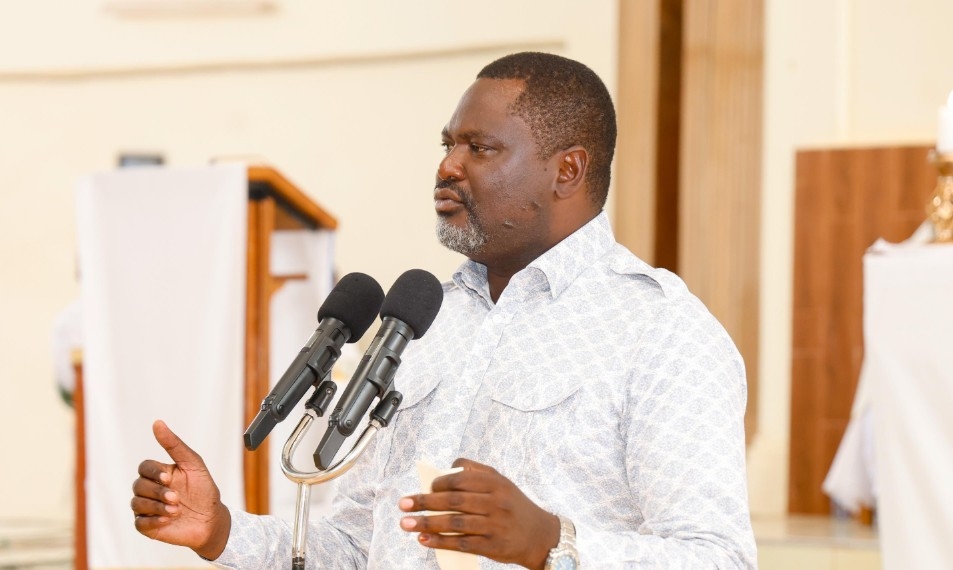With a majority of prisoners in Kenya suffering mental problems, the government has promised to revise detention rules and improve their access to treatment.
Currently, only extreme cases of mental disorders are referred for treatment.
The law also allows mentally sick prisoners to be detained in rehabilitation centres as part of their prison terms, but only a few patients enjoy this right.
Correctional Services PS Dr Salome Beacco said this is going to change.
She said many inmates with mental health problems are still being held in prisons, instead of hospitals.
“The government through the State Department for Correctional Services has embarked on a journey to revise relevant legislation to establish a new Correctional Service Legal Order that will address the challenges related to healthcare services for those in detention,” Beacco said.
“These efforts include adopting measures for legal reform regarding treatment of mental health offenders.”
Beacco spoke at the ongoing first African conference on health in detention in Nairobi.
She said although prisoners are entitled to enjoy the highest attainable standard of health, many of those with mental health problems do not.
“Specific health needs of prisoners and detainees may arise not only from unsettling living conditions, congestion, risks of violence or an unhealthy environment, but also due to lack of recognition of the right to health of a whole population in a situation of increased vulnerability,” Beacco said.
She noted certain prisoners bear additional mental health risks, owing to the heightened risk of discrimination and abuse.
“Those categories may include women, children and young people, older persons, people with disabilities to name only a few,” Beacco said.
Last year, a report by the Kenya National Commission on Human Rights (KNCHR) showed that two-thirds of prisoners are battling physical and mental health challenges.
At least 63 per cent of prisoners said their mental health had deteriorated after being locked up.
“This was a little higher for death sentence prisoners (65 per cent) than for those now serving a life sentence (57 per cent),” said the report, titled 'Living With a Death Sentence in Kenya: Prisoners’ Experiences of Crime, Punishment and Death Row'.
Some 671 prisoners spread across 12 Kenyan prisoners participated in the survey.
Currently, even though the Constitution says every Kenyan is entitled to healthcare, there is no law obliging the Ministry of Health to provide services to prisoners and other detainees.
The responsibility of providing healthcare in prisons rests solely with the Kenya Prisons Service.
Last year, the Ombudsman noted the indifference to the mental health status of offenders cuts across the police, prosecution, court and correctional services.
The Ombudsman said prisoners with mental health problems should be detained in health facilities until their status improves.
The Prisons Act (cap 90) considers the duration an inmate spends in a mental hospital as part of their prison term.
“There are a limited number of mental healthcare providers within prison institutions in Kenya,” the National Council on the Administration of Justice said in its 'Report on the status of persons with mental illness in the criminal justice system in Kenya'.
Commissioner General of Prisons John Warioba, who attended the meeting, blamed overcrowding, inadequate infrastructure and a shortage of trained healthcare professionals.
“These conditions create environments where infectious diseases, mental health disorders and chronic illnesses can thrive, often with devastating consequences,” he said.
Kenya's 136 penal institutions hold about 63,000 inmates and detainees.
Warioba said they have implemented an “open-door policy” where they freely allow medics in prisons.
“This policy has facilitated engagement with both governmental and non-governmental stakeholders across various healthcare initiatives, including HIV and TB prevention and treatment, mental health services, substance abuse programmes, Covid-19 mitigation efforts, and the strengthening of health systems,” he said.












![[PHOTOS] Ruto present as NIS boss Noordin Haji's son weds](/_next/image?url=https%3A%2F%2Fcdn.radioafrica.digital%2Fimage%2F2025%2F11%2Ff8833a6a-7b6b-4e15-b378-8624f16917f0.jpg&w=3840&q=100)




